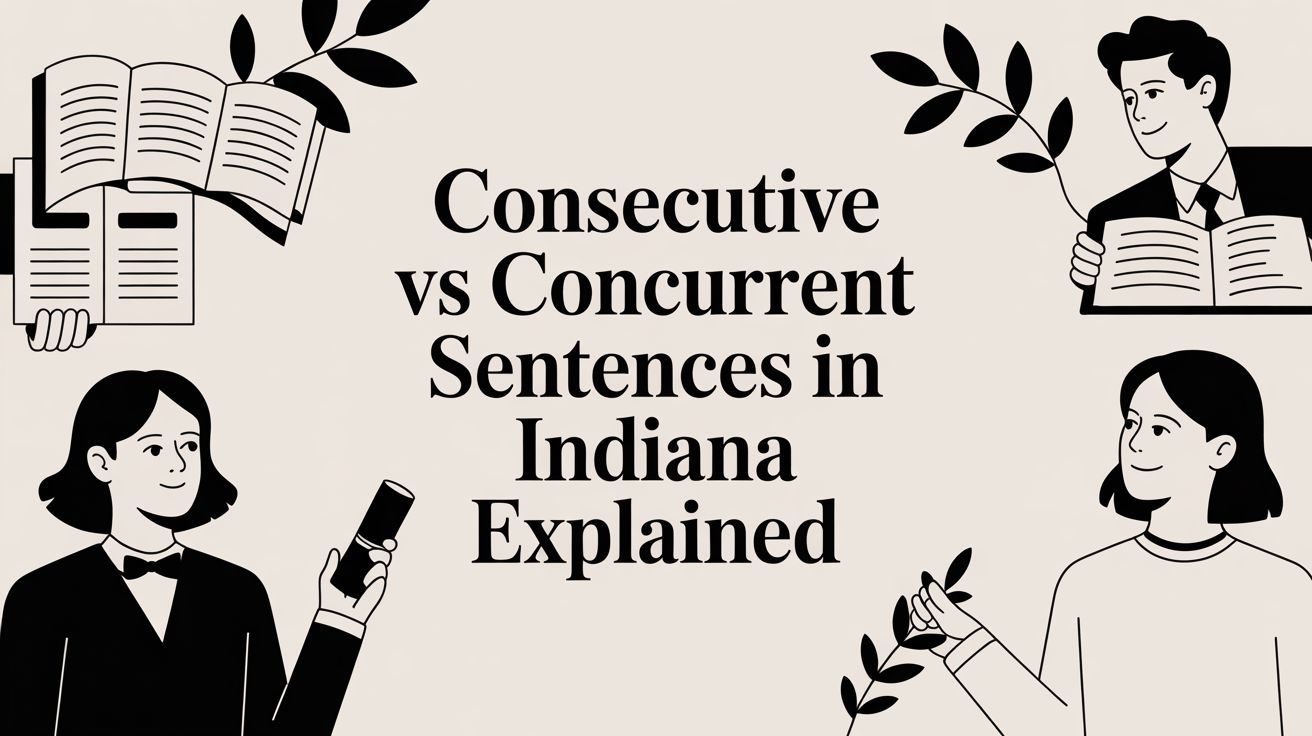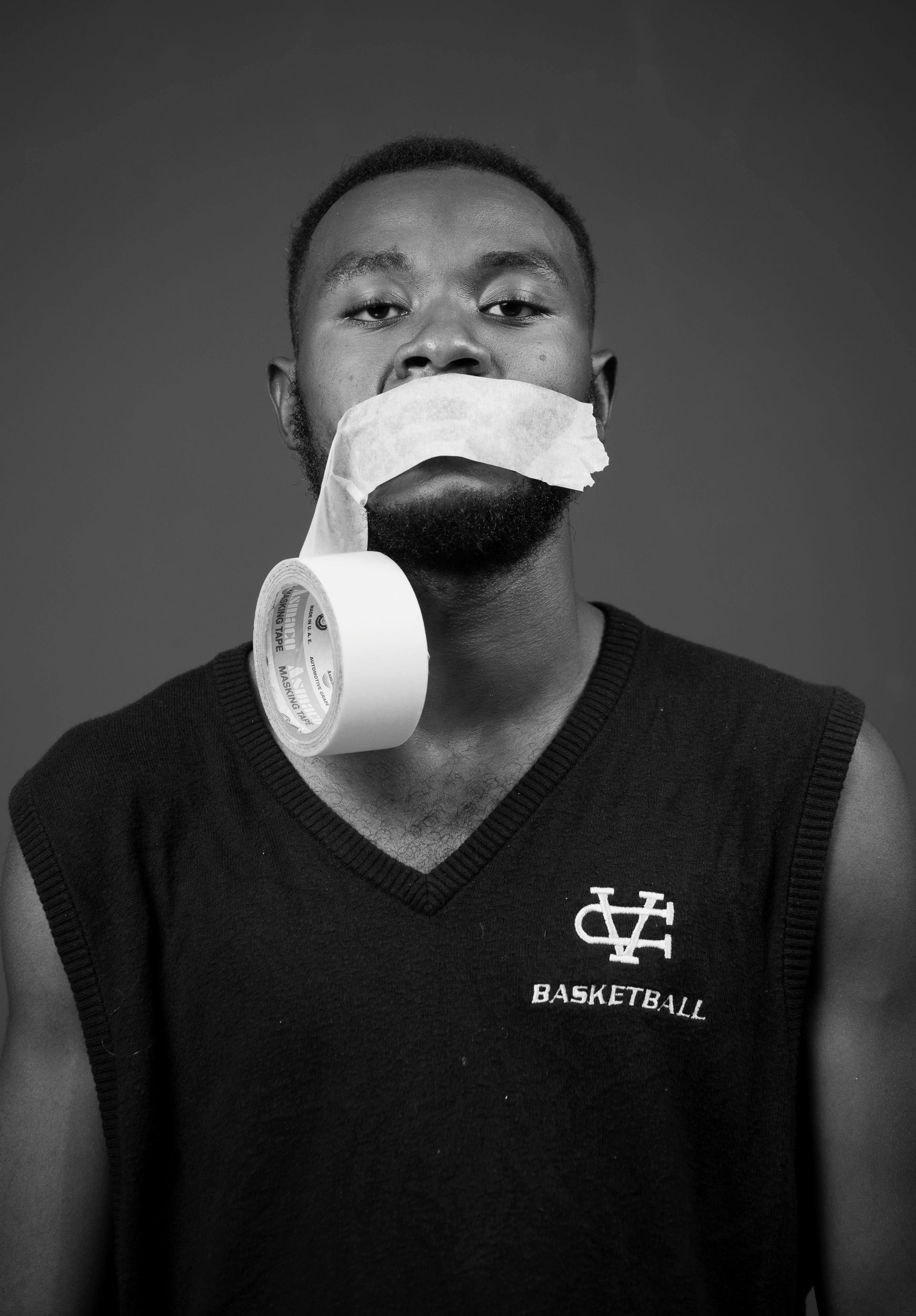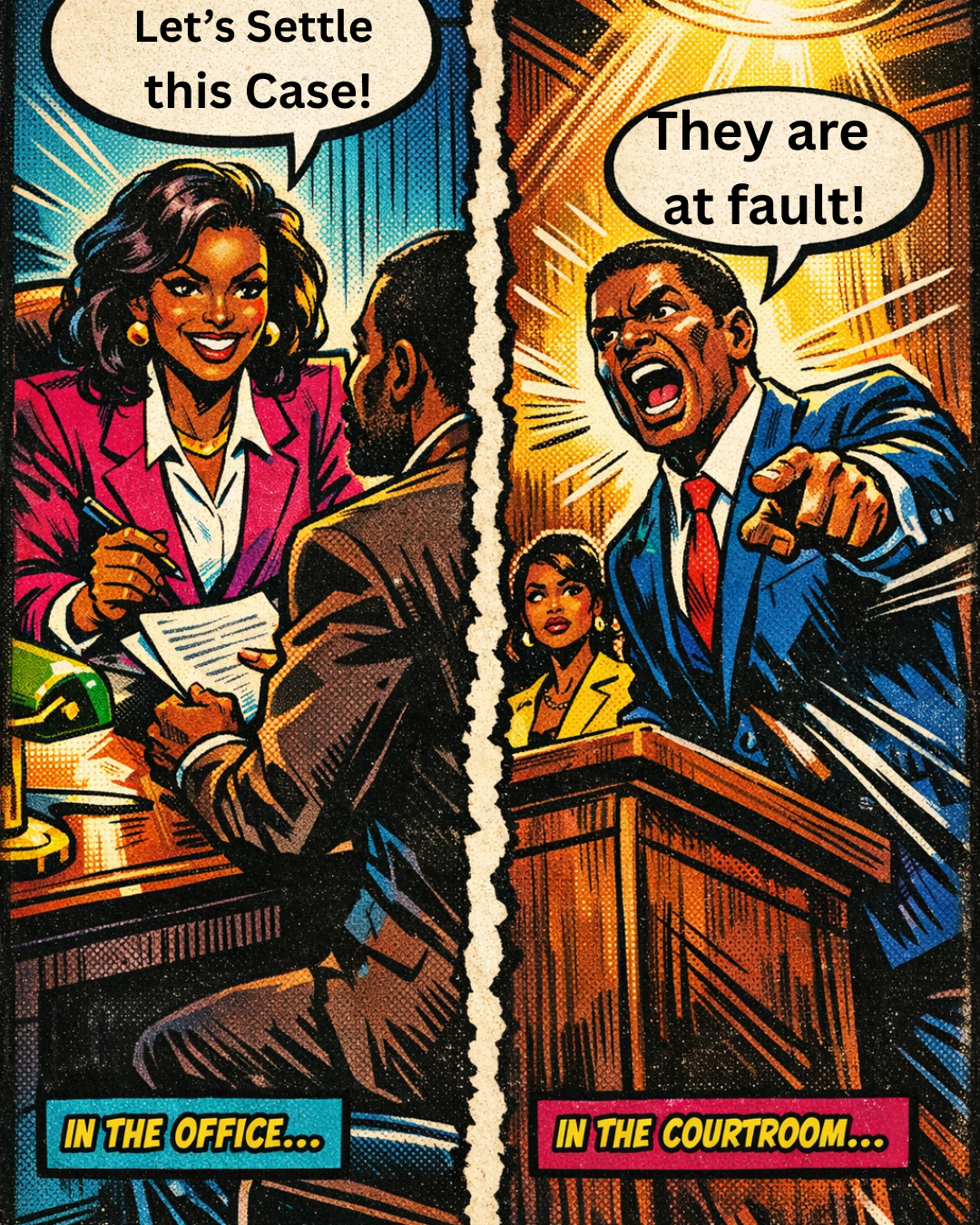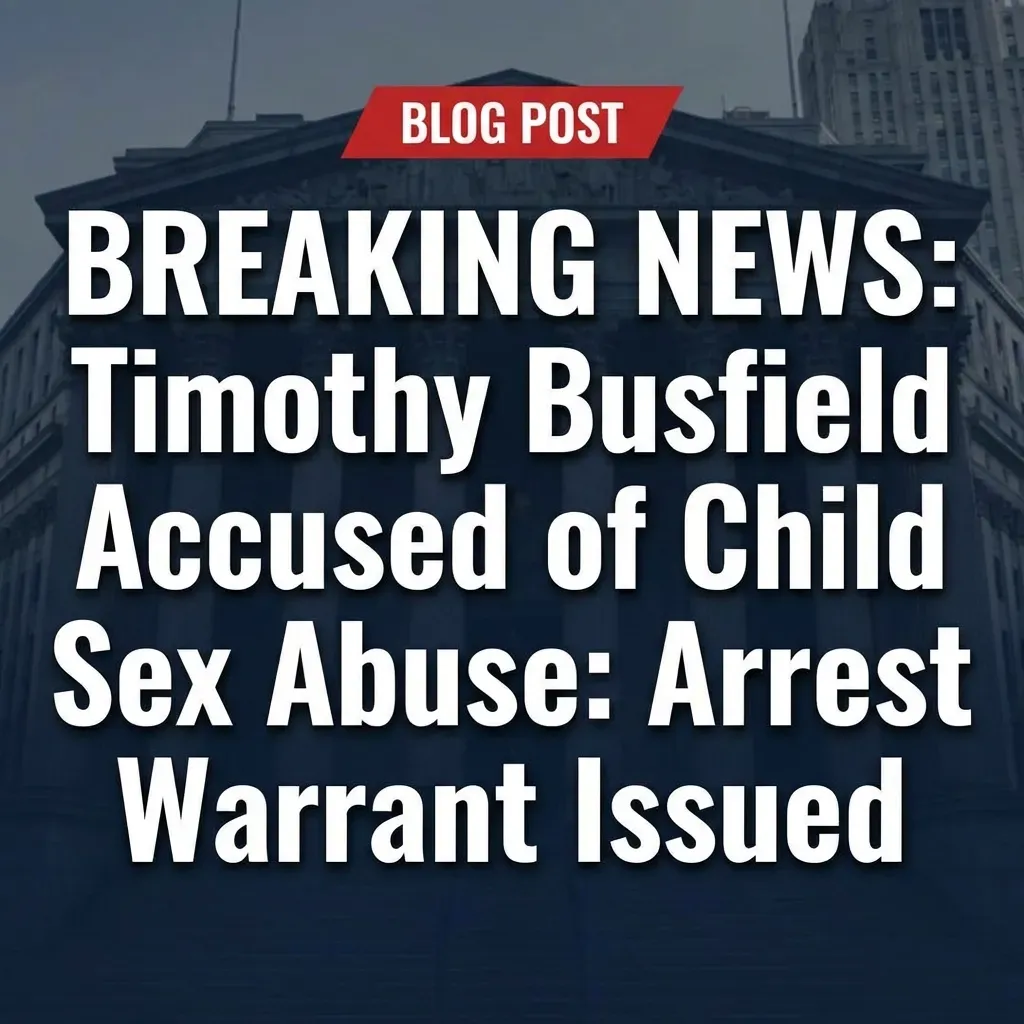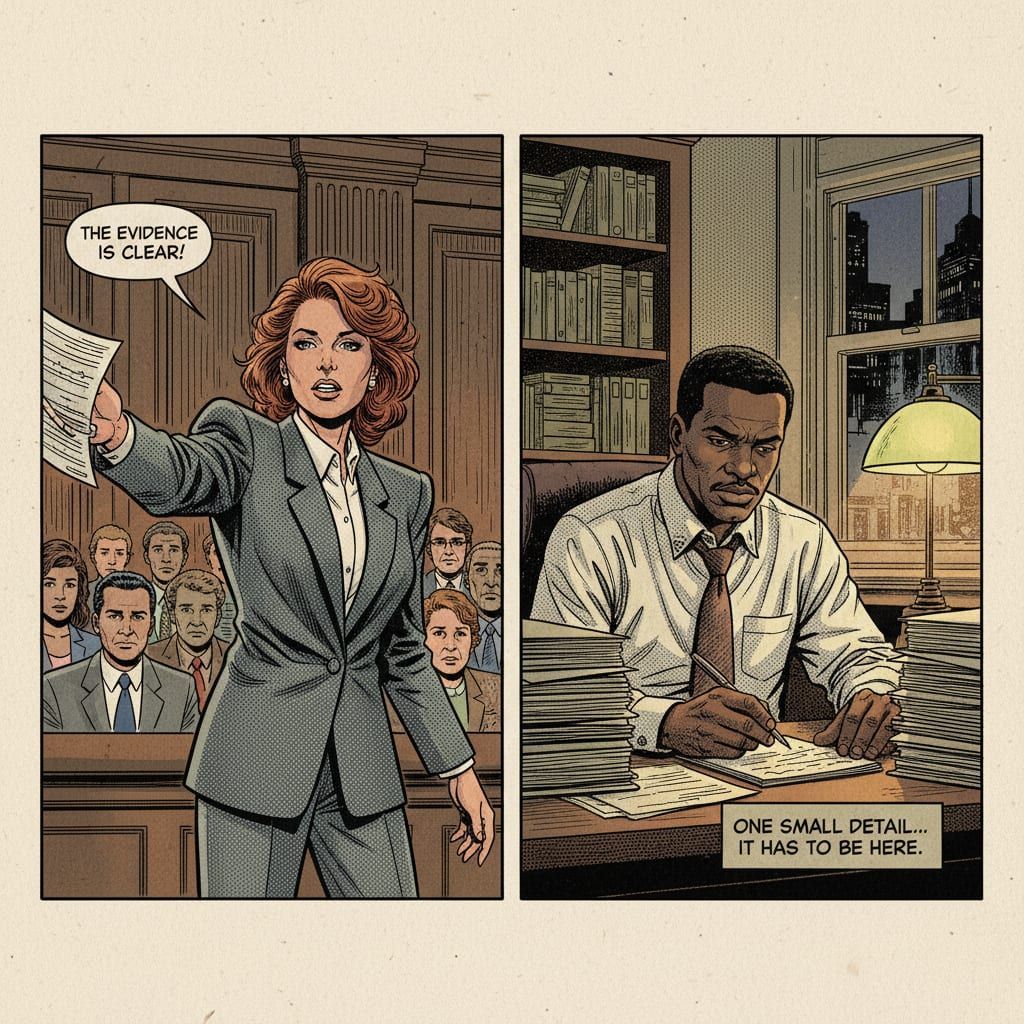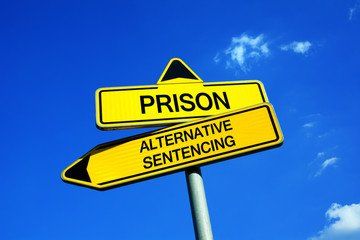A Mistrial: What Does It Mean and What Happens Next?
What Happens if a Mistrial is Declared?
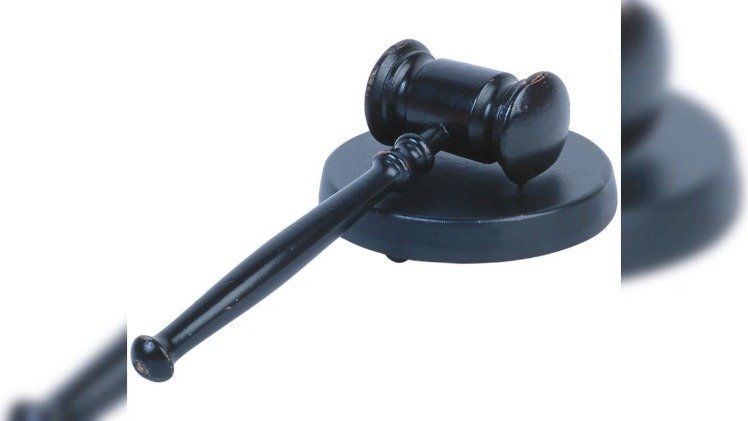
Mistrials sometimes occur in cases with high stakes, such as murder trials. When a defendant is facing life in prison or possibly the death penalty, jury deliberations can be drawn out and challenging, and it can be challenging for a group to come to a decision.
Of course, mistrials do not only occur in murder cases. In a sexual assault case, Bill Cosby was subjected to a notorious mistrial; other instances have also had similar outcomes. Because there was no verdict in a mistrial, many people would believe that justice will never be done.
Continue reading if the concept of a mistrial is unclear. Mistrial procedures are spelled out under state and federal law.
A Mistrial: What Is It?
Therefore, there is no guilty or not guilty verdict for the defendant. The prosecution will next have to choose the best course of action for the case.
What Leads to a Mistrial?
Several factors can lead a judge to declare a mistrial. For instance, a jury member might have said something in front of the jury that caused bias against the defense. The defendant's right to a fair trial has been violated in this case.
There are some events that are beyond the control of the defense or prosecution. If a lawyer or jury member dies or gets sick during the trial, the judge may declare a mistrial.
They can also result from jury selection problems. Not enough jurors to try the case. Perhaps a juror was a friend or family member of the defendant or the victim.
Or perhaps a juror engaged in improper behavior. For instance, despite being warned, a juror might have done research on the case.
Finally, a mistrial occurs when the jury is tied at the conclusion of the case. This is a significant issue, especially when the court requires a unanimous decision. Therefore, in a criminal case, if the jury is unable to reach a unanimous verdict, then a mistrial will be declared due to the inability to render a verdict. This is commonly referred to as a “hung jury.”
Exactly what follows a mistrial?
The prosecution or the court may decide to drop all charges against a defendant following a mistrial. If the charges are dropped, there won’t be a retrial, because the prosecution decides not to re-file the charges.
You might be curious as to whether a mistrial violates the prohibition on being tried twice for the same crime (double jeopardy). There isn't.
If the initial court case trial does not provide an acceptable verdict, the defendant may be tried again for the same offense. This means that a new trial can be set up soon by the court. However, there are some exceptions that a defense attorney could file to prevent a re-trial.
The accused may decide to take a plea deal if the prosecution wants to proceed with the trial. This might occur if the defendant feels like the second trial will result in a conviction.
Is It Bad?
Both the prosecution and the defense have challenges in the event of a mistrial. Going through another trial not only results in more money being squandered but also necessitates retaining the services of witnesses and experts again.
A new trial means that each party is aware of the evidence the other will present. Each side has a stronger chance of refuting as a result. There aren't many chances left to catch the other side off guard after a mistrial. There is greater time for both parties to present their arguments.
What Might Be Done to Avoid a Mistrial?
If the law has accused you of a crime, you need support from a knowledgeable and skilled criminal defense lawyer. You have a number of possibilities in Indiana if you're prepared to work on your defense. To learn how we can advocate for you, contact the Law Office of Mark Nicholson.

